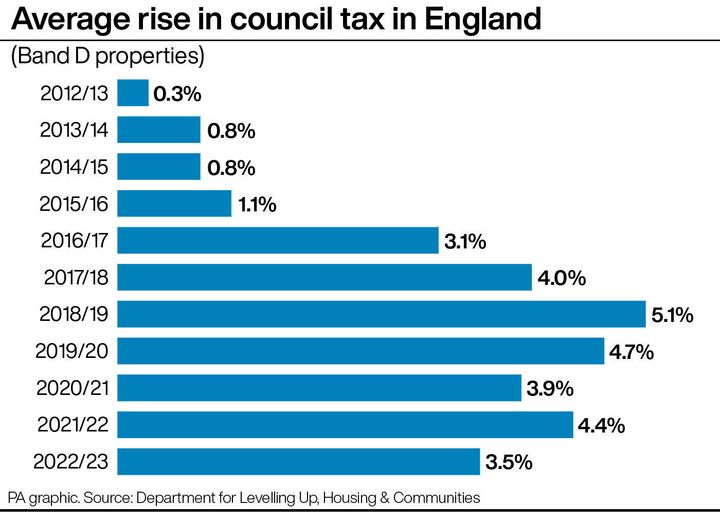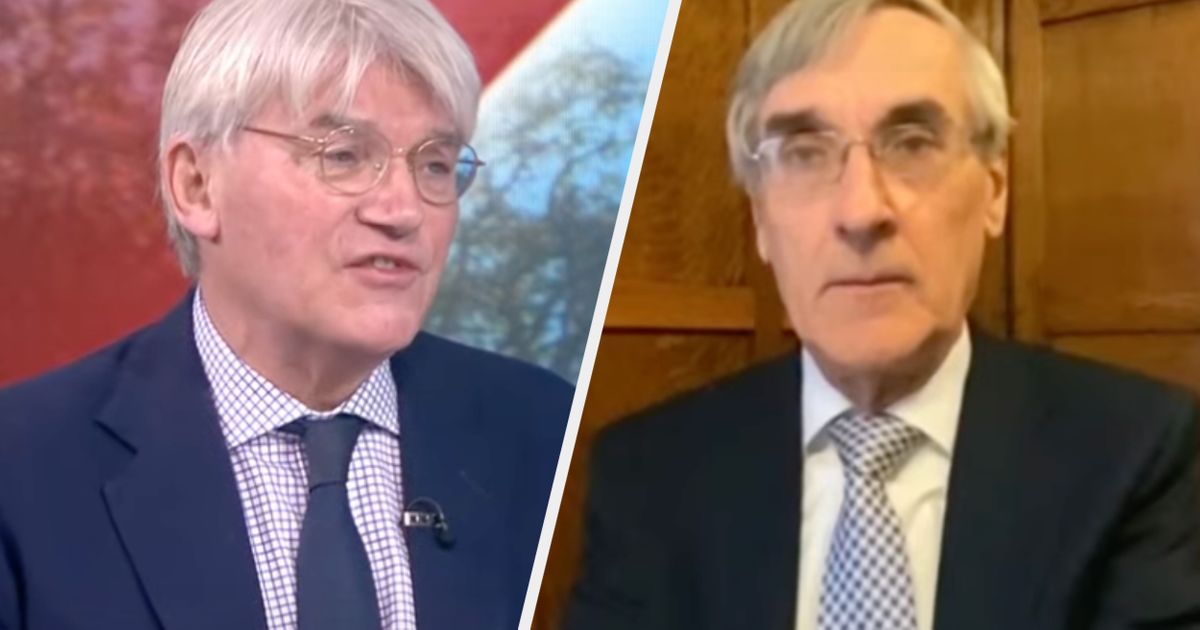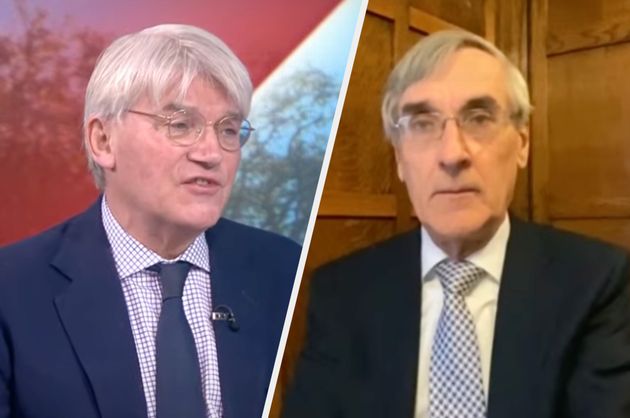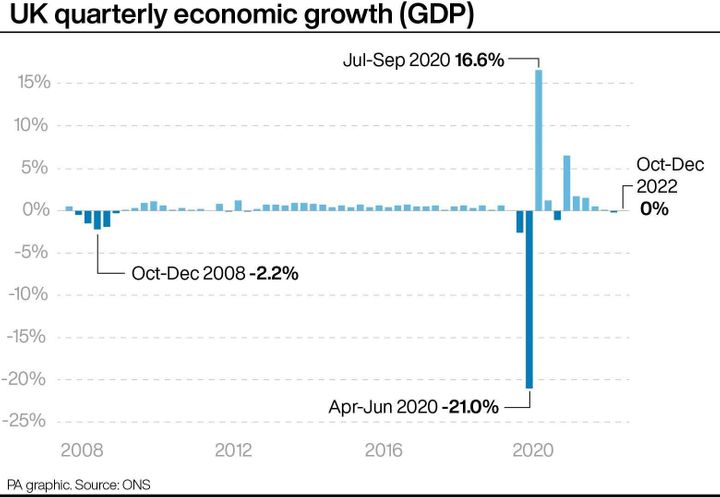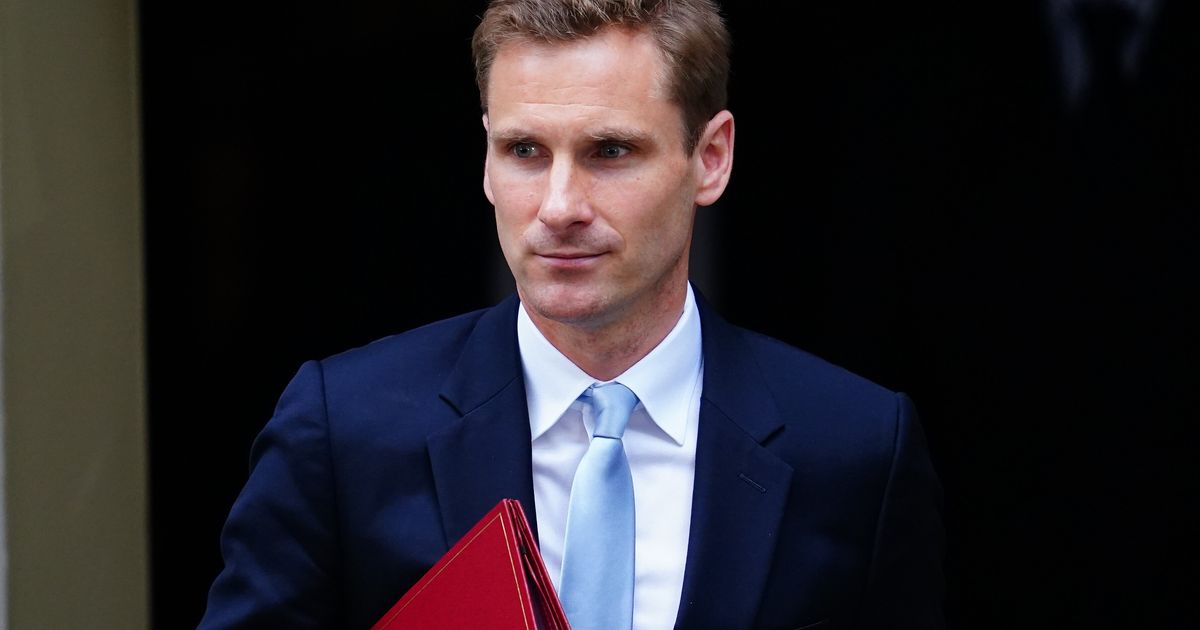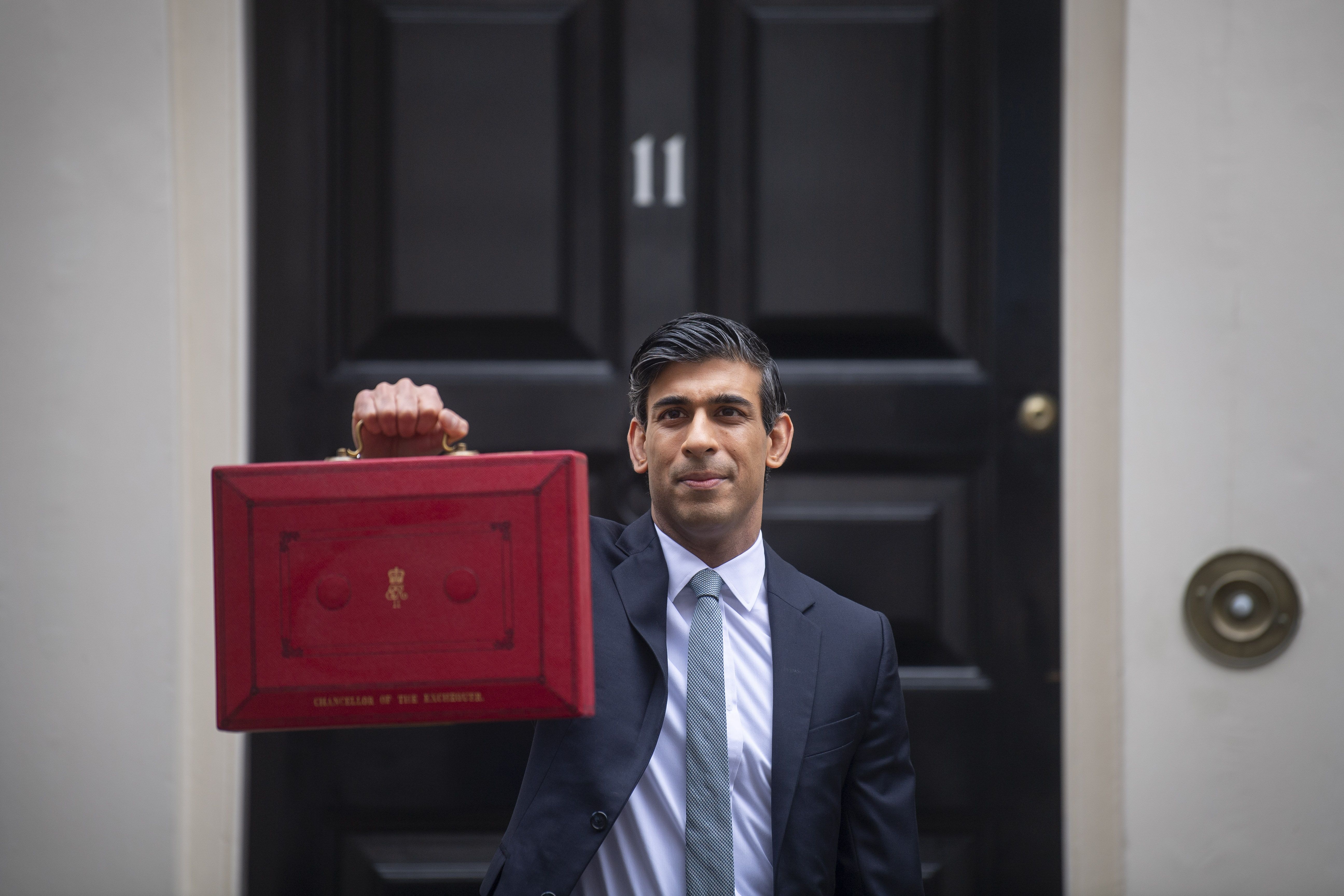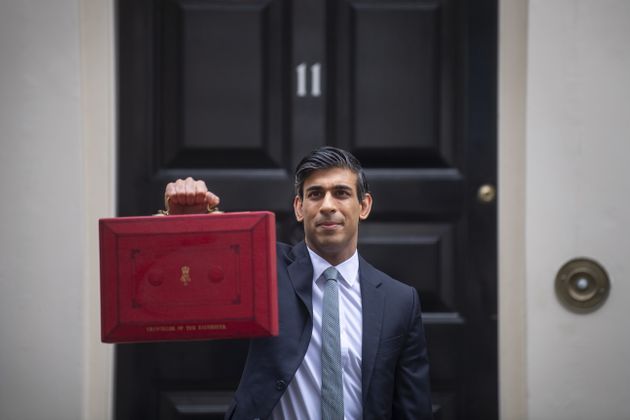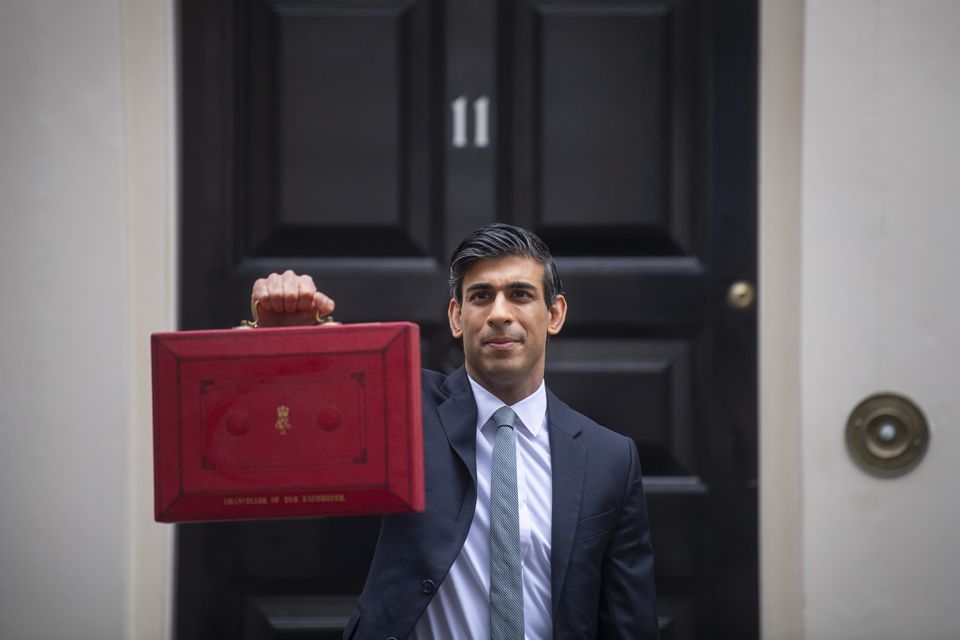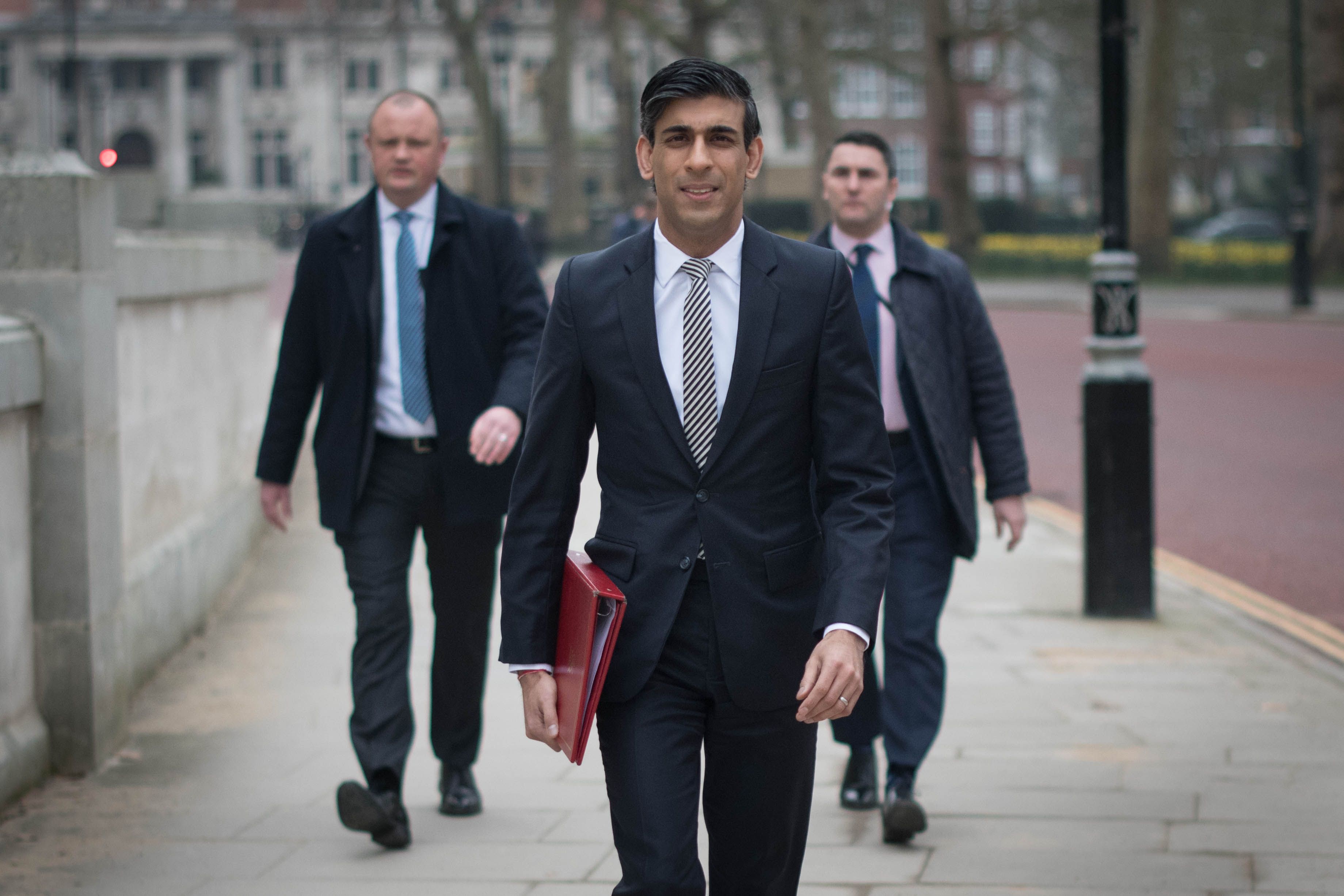
Mishal Husain did not let Jeremy Hunt boast about the UK’s economic growth today and reminded him of the disasters the country has faced under the Tories.
While the chancellor was celebrating the news from the ONS that the UK is officially out of recession, the Today programme host kicked off the interview by saying: “It’s not a strong recovery is it?
Advertisement
“Some people would call it anaemic. You’re not calling it strong are you?
“That’s not what it is. The economy has barely grown over the last two years.”
Hunt claimed over the last quarter, the UK had the joint-highest growth in the G7– and then blamed slow growth on the Bank of England’s high interest rates.
Husain hit back: “You’re portraying yourself as the people in whose hands the economy is safe, and yet many voters, particularly those who are perhaps finding themselves re-mortgaging this month on higher rates and seeing the facts that fixed rate mortgage deals have been edging up – and others – will be remembering what happened under Liz Truss and that mini-budget.
“And they’ll say: ‘How can you possibly, after the events of the last two and half years, portray yourself as the party of economy competence?’”
Sunak’s predecessor unveiled £45bn of unfunded tax cuts in her mini-budget in 2022, causing the pound to plummet.
Advertisement
“Well, there were some mistakes that were made in that mini-budget and we corrected them within weeks,” the chancellor said.
He also pointed to the energy shock triggered by the Ukraine war and said it was “just wrong” to attribute all price rises to the mini-budget.
“But, it wasn’t economically competent, was it, to do that?” Husain pushed. “And do you accept that it’s fair for voters to go into the next election, remembering that happened under the Conservatives?”
Hunt said the “overall picture” shows that the UK has grown faster than France, Germany, Italy and Japan since the Conservatives took over in 2010.
He also pointed to the IMF’s predictions that the UK would continue to grow faster over the next six years.
Advertisement
He failed to mention that the think tank OECD predicted last week the UK would be the second slowest-growing economy in 2024, and the slowest in 2025.
Hunt maintained that voters support the Conservative Party because “they trust us to take tough and difficult decisions in the long-term interest of the economy”.
“You’re asking us to ignore Liz Truss, aren’t you? To say Liz Truss never happened,” Husain said – which Hunt denied.







